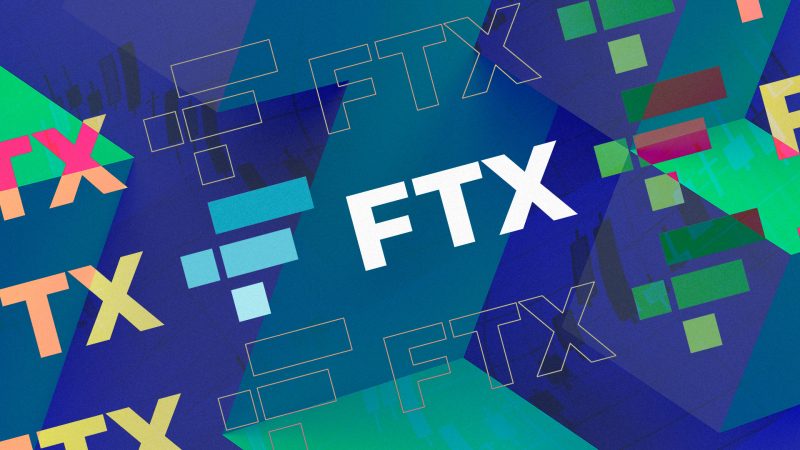[ad_1]
News
11 Dec 2022

Credit investment firms are looking to buy claims from bankrupt crypto exchange FTX’s clients who could otherwise wait years for bankruptcy courts to decide payouts.
Apollo Global Management and Attestor are among the better-known investors to have held conversations on buying claims, according to a person familiar with the discussions. Niche investment firm 507 Capital has already purchased several claims from hedge funds that wanted quick exits from FTX even if it meant selling out at less than they might have received from the bankruptcy process.
Once one of the world’s biggest crypto exchanges, FTX filed for bankruptcy protection last month, leaving about 1 million creditors owed billions of dollars in aggregate. The top 50 creditors alone are owed $3.1 billion, according to court filings. While many will wait for the results of a likely years-long bankruptcy process, others are turning to brokers and buyers of distressed debt for quick sales.
Collecting money now means taking massive losses on their positions by selling for just cents on the dollar to buyers with the patience to try and recover more from the bankruptcy process.
”Everyone wants to look at the claims but no one knows what they are doing,” said 507 Capital founder Thomas Braziel. ”One guy asked me what is a stablecoin. I said, ‘Dude, you are going to need to do research before our call,”’ Braziel said, referring to an investor who expressed interest in buying FTX claims. Spokespersons for Apollo and Attestor declined to comment.
Braziel has experience trading such tricky crypto positions, having bought claims against Tokyo-based crypto exchange Mt. Gox and other collapsed digital asset firms. Buying up claims on funds requires patience, however: It took eight years to clear up the legal mess following Mt. Gox’s 2014 hack.
Hedge fund clients
With its supposed deep pools of liquidity, FTX was popular with institutional investors such as crypto hedge funds. Nickel Digital Asset Management has about $12 million stuck on the exchange, Chief Investment Officer Michael Hall told a conference last month. Ikigai Asset Management, a Puerto Rico-based crypto asset management startup, held a “large majority” of its assets on FTX, Chief Investment Officer Travis Kling wrote in a thread on Twitter. Galois Capital was another hedge fund to find much of its asset base was stuck.
Fund managers mostly want an exit so they can move on and not have to deal with the court process, Braziel said. Some FTX customers also told Braziel they wanted to close a sale of their claims by year-end so they could write down the losses against taxes.
Braziel said he had paid 5 to 6 cents on the dollar for FTX claims with a nominal value of $2 million, $3 million and $8 million. He is also in talks for a claim of about $100 million from a Singapore-based fund manager and has spoken to a German fund that has $23 million stuck with FTX. Funds pitching their claims for sale were usually asking for closer to 10 cents on the dollar, he said.
More art than science
Assessing the future value of a bankruptcy claim can be more art than science. Back-of-the-envelope calculations can give a sense of available assets versus liabilities, but the big returns are made in the legal arguments, Braziel said.
Among his legal strategies, Braziel is taking the bet that U.S. courts will recognize customer assets were held in trust under English trust law. Assets held under trust have preference over other claimants, meaning customers should get paid out first, he said.
Not all the claims punted by brokers relate to customer assets. One document doing the rounds is an employment contract with a further nine years of guaranteed salary payments. The redacted FTX US contract, signed in August 2021, hides the name of the employee and job title and shows only the edges of a signature. The annual salary is $525,000 with a guaranteed 15% minimum annual pay raise plus a discretionary bonus. The contract has a 10-year term with a clause that if the employee was terminated for any reason, they would be paid any outstanding salary including annual pay raises.
One person who rejected purchasing a claim on the contract said no U.S. court would enforce such a clause and the outstanding salary owed had little value in a bankruptcy claim.
Disclaimer: Beginning in 2021, Michael McCaffrey, the former CEO and majority owner of The Block, took a series of loans from founder and former FTX and Alameda CEO Sam Bankman-Fried. McCaffrey resigned from the company in December 2022 after failing to disclose those transactions.
[ad_2]
Source link



